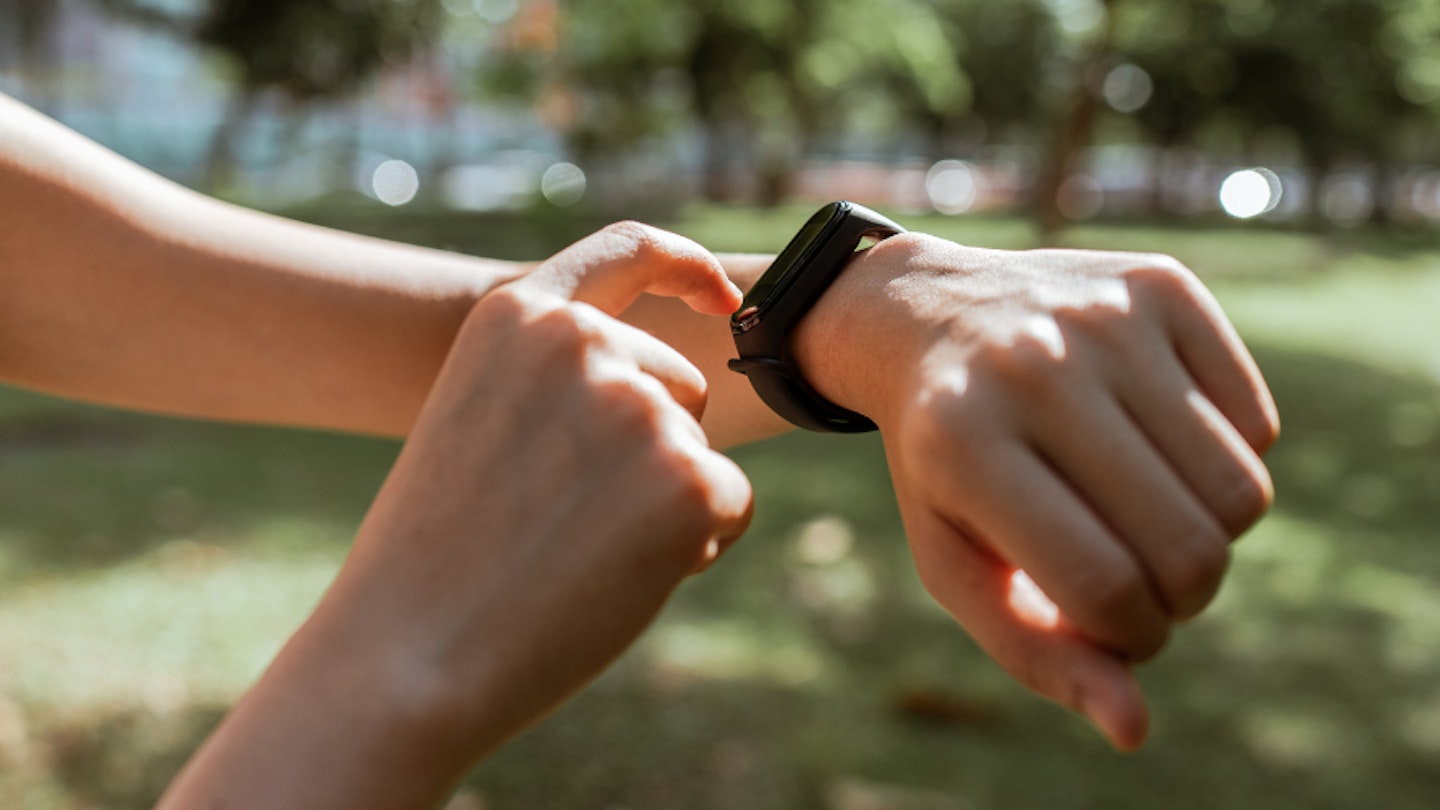As the year goes on, the weather gets warmer, and exercise enthusiasts worldwide ready themselves for breaking their PBs, shedding calories and working towards that ideal summer body - you may find yourself using an excellent smartwatch to keep track of everything.
Alongside your heart rate, body composition, and even your VO2max, you may also want to keep a track of your burned calories during those high-intensity exercises, whether it's to satiate your curious mind or to genuinely conquer your fitness goals - the power is in your hands.
But the big question that's been on our minds for some time now is - how accurate are the calorie-counting functions of fitness trackers really?
We at What's The Best are going to break down just what kind of process a handful of the most popular brands use to calculate your total calories burned during exercise - so you're not left guessing as to which fitness tracker is best for you.
Apple vs Samsung vs other leading brands - which smartwatch tracks calories best?
How do Apple smartwatches track calories?
Apple's smartwatch calorie burner tracking is considerably more advanced than most fitness trackers, it works by using your height, weight, gender, age and daily activity metrics in order to calculate the number of calories you've burned - according to Apple Support.
In our opinion, this is a perfectly reasonable method of calculating calories burned, rather than relying on simply the intensity of the exercise, Apple Watches draw from a wealth of different factors to calculate an average calorie loss - which is about as accurate as you can hope to get with a smartwatch.
The Series 8 Apple Watch, as well as the Apple Watch Ultra, are two particularly brilliant smartwatches for accurate, easy to interpret exercise information - with lots to explore to better understand your own health and well-being.
How do Samsung smartwatches track calories?
Samsung's fitness trackers, in a similar vein as Apple, calculate a person's Basal Metabolic Rate (or BMR for short), which is the number of calories you burn while going about your day-to-day activities and functioning normally.
As claimed by Samsung support, the Samsung smartwatch "will display estimated calories burned on the current time of day that it is initialised, even after a reset" - this is because your BMR changes throughout the day while digesting food, for example.
Taking into account both your metabolic rate during exercise as well as its standard BMR might just give Samsung the edge over Apple in terms of accuracy.
In terms of the best Samsung smartwatches right now, none can really top the Galaxy Watch5 Pro - which is loaded with tonnes of fitness tracking information and a great level of accuracy.
How are calories tracked with Garmin smartwatches?
Garmin's fitness trackers calculate your active calorie loss based on a multitude of factors; "activity level, type of activity, age, height, weight, gender and heart rate (if available)" - as is suggested by Garmin's support page.
Garmin smartwatches also can track your daily activity calories that consider both the active and resting calories that are "calculated during a recorded activity on your device" - to quote Garmin's support page.
Additionally, you can set calorie goals to track your remaining calorie allowance for the day - a truly effective way to start aiming for achievable fitness goals.
Ryan is a tech writer and reviewer for What's The Best, specialising in PCs and gaming. He is a keen PC gamer and an avid reader.
Subscribe to the What’s The Best Newsletter to keep up to date with more of the latest reviews and recommendations from the rest of the What’s The Best team.
